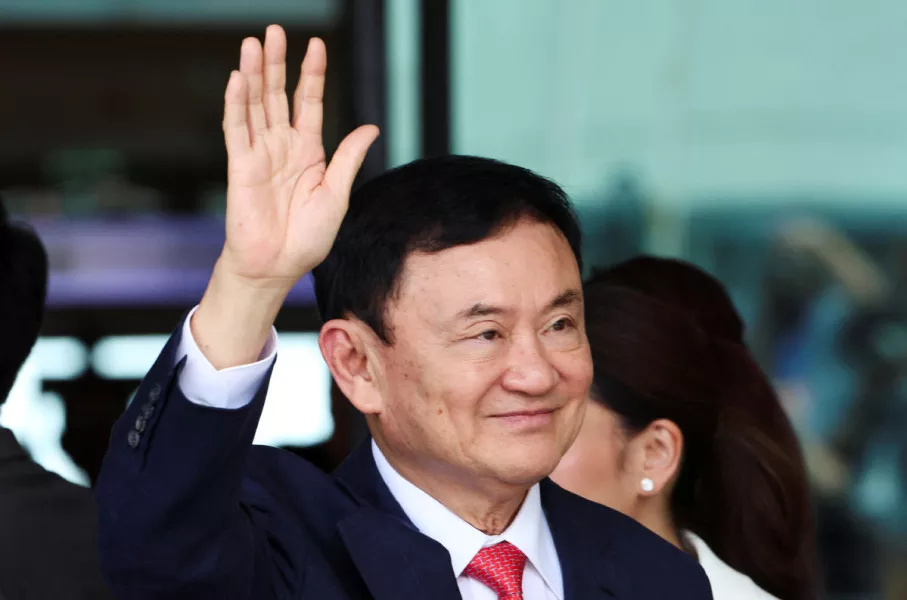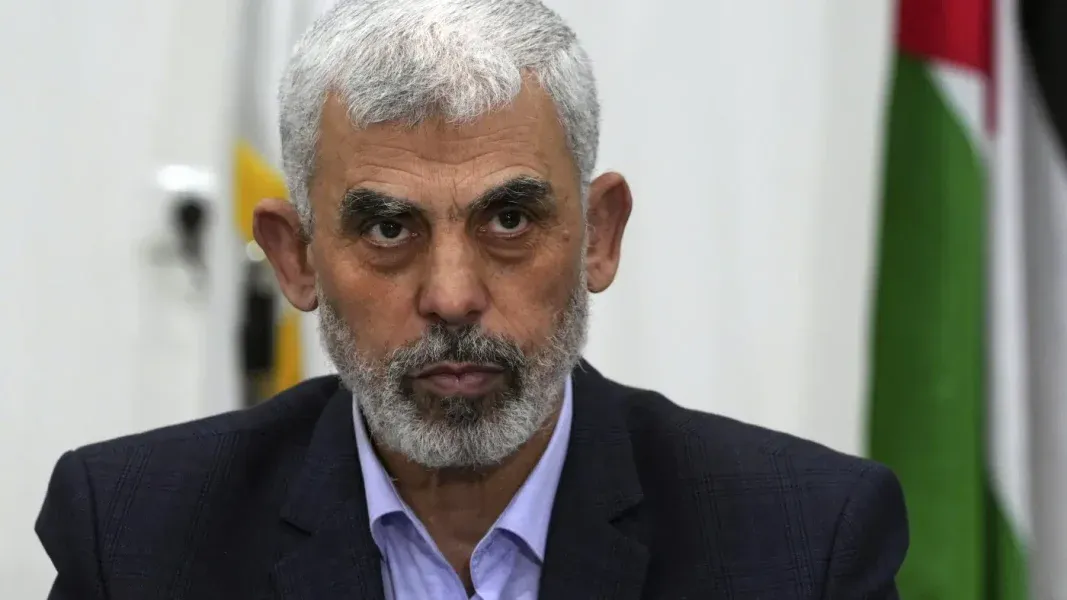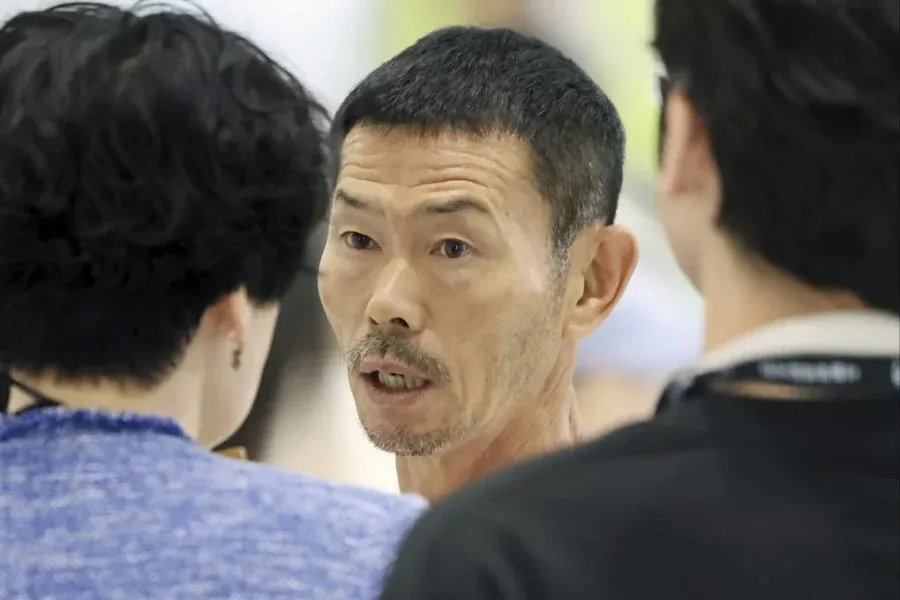Thailand’s political landscape witnessed a significant development on Sunday as former Prime Minister Thaksin Shinawatra emerged from detention after serving a six-month prison term. His return to the kingdom marked the culmination of over 15 years in self-imposed exile, reigniting debates and tensions surrounding his tumultuous tenure.
Thaksin, who previously held office from 2001 until his ousting in a 2006 military coup, faced a litany of charges upon his return in August. Convicted of conflict of interest, abuse of power, and corruption stemming from his time in power, he was initially sentenced to eight years behind bars. However, following a plea for royal clemency, his sentence was reduced to one year, paving the way for his recent parole alongside nearly 930 other inmates granted early release due to age or illness.
The 74-year-old’s health concerns prompted his transfer to a hospital, citing chest tightness, high blood pressure, and low oxygen levels, as confirmed by the Thai Corrections Department.
Throughout his tenure, Thaksin’s policies garnered immense support from Thailand’s rural and working-class demographics while drawing ire from the elite and conservative factions, who deemed him a polarizing and corrupt figure. Despite his physical absence, his influence loomed large over Thai politics, shaping the country’s volatile political landscape.
Thaksin’s release from detention heralds the return of a deeply divisive figure, injecting fresh uncertainty into Thailand’s already precarious political climate. Speculation abounds regarding potential agreements struck between Thaksin and the country’s conservative and royalist establishment, fueling debates over his reduced sentence and lenient treatment.





